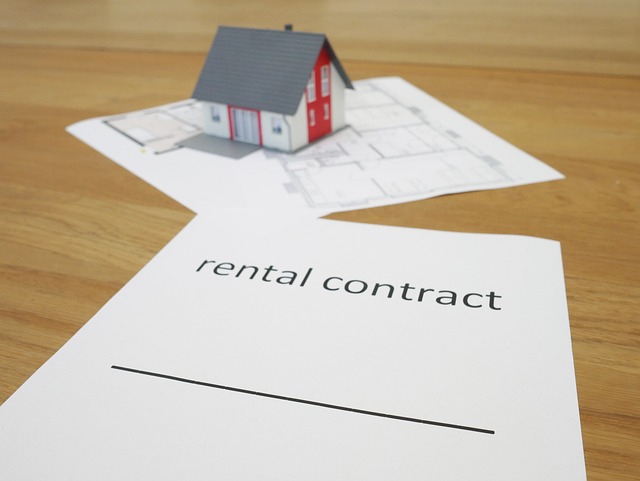In real estate, flexibility allows tenants to customize living spaces for changing lifestyles, accommodate home offices, and easily rearrange furniture, while flexible leases enable short-term commitments. Property ownership offers control, financial growth potential, and personalization but demands significant upfront investment and maintenance. Many individuals find a balance between flexibility and ownership to navigate life stages and financial goals in the dynamic real estate market.
In the dynamic realm of real estate, understanding the balance between flexibility and ownership is key. This article delves into two contrasting yet compelling aspects that shape modern living: the advantages of flexibility for tenants and the long-term benefits of property ownership. Weighing these scales, we explore how each option caters to diverse lifestyles, financial goals, and future aspirations in today’s ever-changing real estate landscape.
Understanding Flexibility in Real Estate: Exploring the Advantages for Tenants

In the realm of real estate, flexibility holds immense value for tenants. It refers to the ability to customize and adapt living spaces to one’s unique needs and preferences. This advantage is particularly appealing in today’s dynamic world where individuals often experience changing lifestyles and work arrangements. Tenants who prioritize flexibility can enjoy a more personalized environment, whether it’s accommodating home offices, creating dedicated hobby areas, or easily rearranging furniture to suit evolving habits.
Understanding flexibility in real estate means recognizing the freedom it provides. For tenants, this translates into the ability to make immediate changes without restrictions, fostering a sense of ownership and control over their living spaces. Moreover, flexible leases offer the advantage of short-term commitment, allowing residents to explore different neighborhoods or switch properties with ease, which is especially beneficial for those with transient lifestyles or career paths that require frequent relocations.
The Ownership Advantage: Unlocking Long-Term Benefits

In the realm of real estate, ownership offers a unique advantage that can unlock long-term benefits for investors and residents alike. When individuals or entities own property, they have the autonomy to make decisions that can enhance its value over time. This includes potential for capital appreciation as market values increase, providing significant financial gains upon resale.
Moreover, owning real estate allows for customization and personalization options not typically available to renters. Property owners can renovate, redecorate, or expand their spaces to suit individual needs and tastes, potentially adding more value to the asset. This sense of control and investment in one’s living or working environment can lead to a deeper connection and appreciation for the space, contributing to a higher quality of life and satisfaction.
Weighing the Scales: A Comparative Analysis of Flexibility vs. Ownership

In the realm of real estate, understanding the balance between flexibility and ownership is key for both investors and tenants. Flexibility in real estate often refers to the ability to adapt living or working spaces to one’s needs, be it through lease terms, customizable layouts, or short-term rentals. This benefit is particularly appealing to modern professionals who value agility and cost-efficiency. On the other hand, ownership provides stability, equity, and control over one’s property, which can be a significant advantage for long-term planning and wealth accumulation.
When weighing these scales, it’s crucial to consider factors such as financial commitment, time investment, and personal preferences. Ownership allows for building equity and potential appreciation but demands substantial upfront costs and ongoing maintenance responsibilities. Conversely, flexibility offers cost savings and less hassle but may limit opportunities for long-term gains. In the dynamic landscape of real estate, many individuals find a middle ground, leveraging both options to suit different life stages and financial goals.






